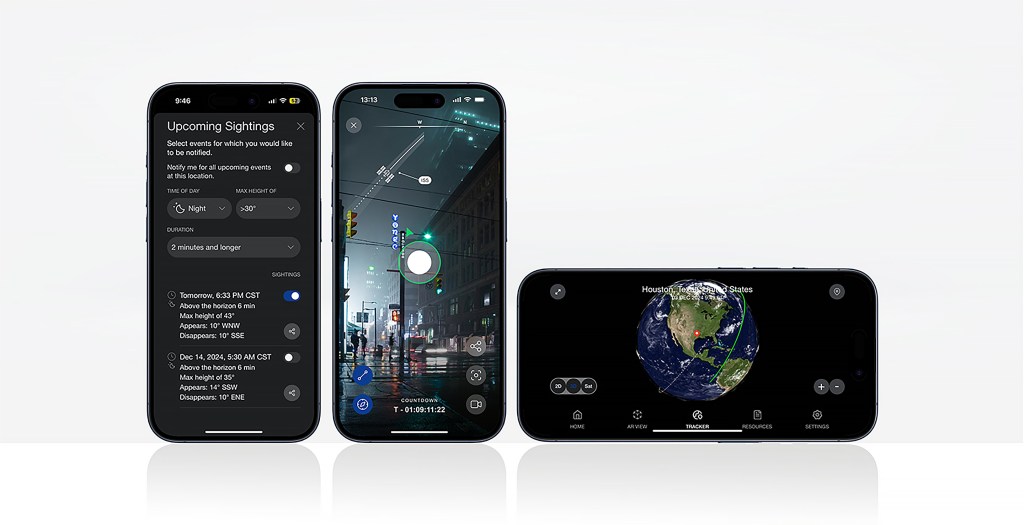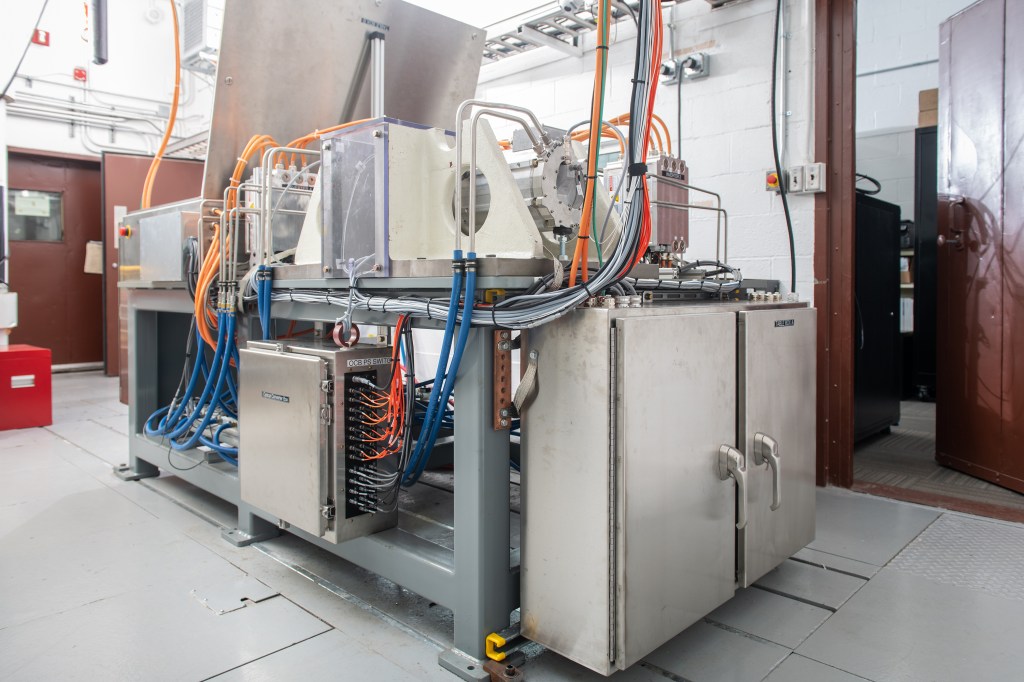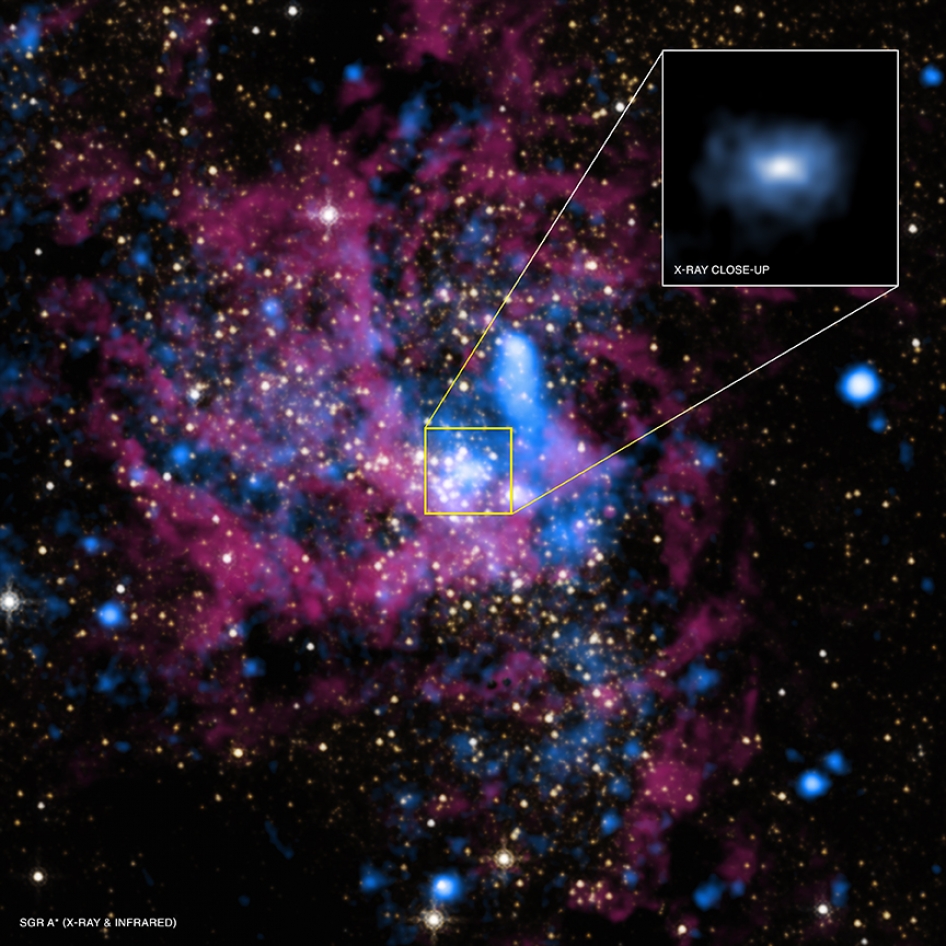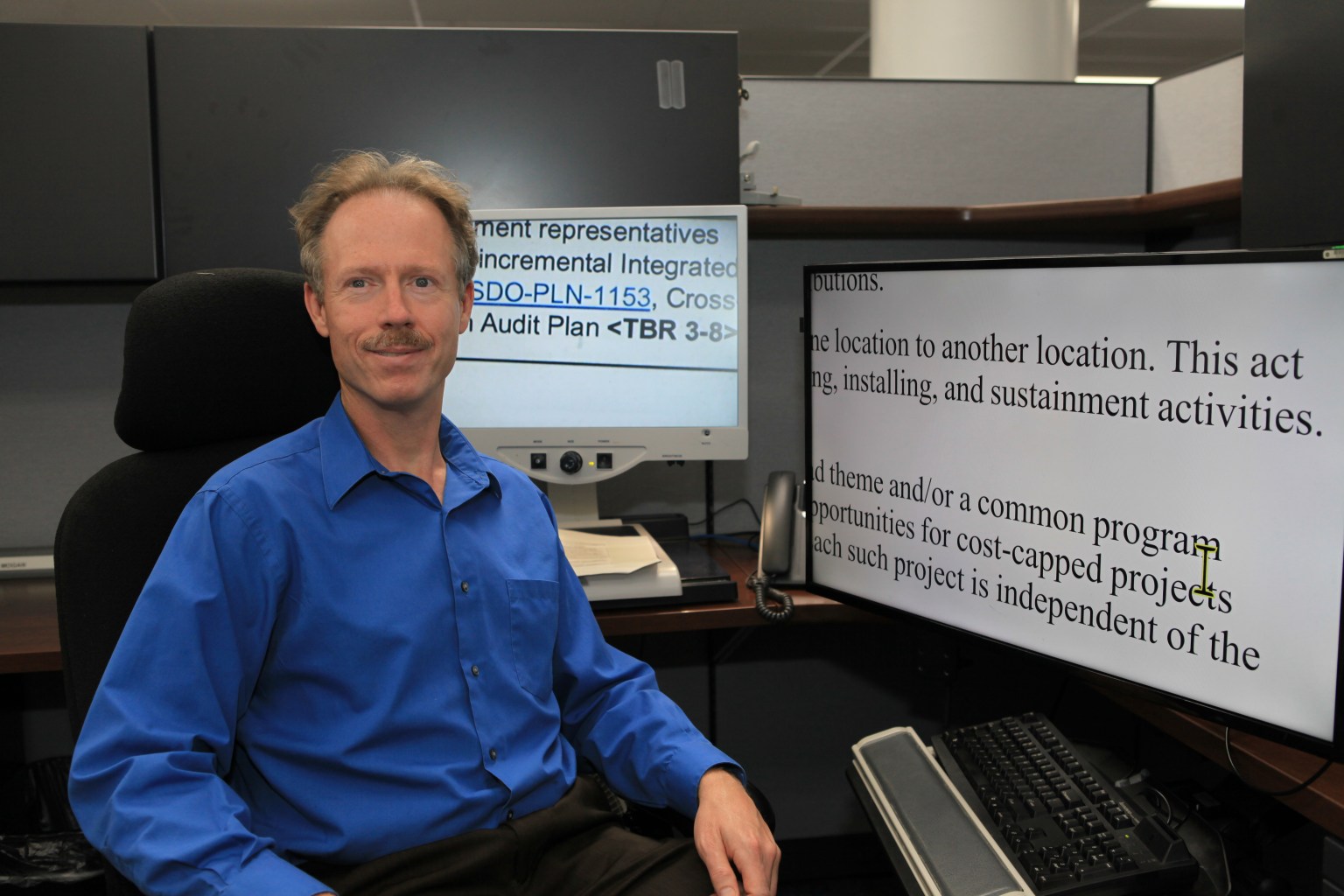The month of October marks National Disability Employment Awareness Month (NDEAM). The NDEAM observance was declared in 1988 by the United States Congress in efforts to raise awareness of disability employment needs and to celebrate the many and varied contributions of individuals with all types of disabilities.
This year’s NDEAM theme, chosen by the Office of Disability Employment Policy, is “Advancing Access and Equity” to honor the 50th anniversary of the Rehabilitation Act of 1973, the first major legislation to prohibit disability discrimination by federal agencies.
One such disability many people know about is depression. Promoting awareness, reducing stigma, and improving access to mental health support are crucial steps in advancing equity for this population.
Over the years, there has been extensive knowledge shared about depression, but there are still many stereotypes today. The American Psychiatric Society defines depression as “a common and serious medical illness that negatively affects how you feel, the way you think and how you act.” This disability will affect one in 15 adults in any given year and has been found to affect one to six people during their lifetime. Depression can happen to anyone, even those who appear to be happy who laugh and smile. As described in a medical article titled, Survey of Public Knowledge and Stigma Towards Depression,“some depressed persons hide their distress and might smile in public, which makes it difficult for others to notice that they are depressed.”
Symptoms of depression vary from mild, to moderate, to severe and can include feeling sad, having a loss of energy, losing interest in things that used to be enjoyed, insomnia, feeling guilty or worthless, difficulty making decisions, and in severe cases suicide.
One common misconception regarding depression is that it is the same as grief, however it is different than grief even though they may have common attributes. When someone grieves, (for example, over the loss of a loved one) they will feel sad but one’s self-esteem is typically not affected throughout the grieving process, whereas someone suffering from depression will often have feelings of worthlessness.
Another misconception, or negative stigma regarding depression is that someone with depression is violent, weak, or lazy. These are also inaccurate, and negatively impact those with depression from seeking help. Untreated depression will often cause a decline in employee work performance as well as increase presenteeism (an employee is at work but not engaged) or absenteeism (employees missing days of work). In addition to this, employees often do not seek treatment out of fear of how it will affect their job or out of concern for their confidentiality. The best way to support a colleague or employee who is struggling with mental health is by being empathic and supportive.
Employees who are experiencing depression are protected under the Rehabilitation Act and cannot be discriminated or harassed at work because of their condition. If an employee is experiencing depression, they may also request a Reasonable Accommodation from their supervisor or the Disability Program Manager. Reasonable Accommodations help to make the workplace more accessible (such as physical barriers that make facilities/equipment inaccessible) and equitable by making a modification or adjustment to a job, an employment practice, or the work environment that makes it possible for a qualified individual with a disability to enjoy equal employment opportunities.
For information about NASA’s Reasonable Accommodations policy and process, please visit: nasa.gov/reasonable accommodations.
For more information regarding NDEAM, Depression, or Reasonable Accommodations, please visit the following sites:
- National Disability Employment Awareness Month 2023 | U.S. Department of Labor (dol.gov)
- Disability IN: A Starting Guide on Disability Etiquette (disabilityin.org)
- American Psychiatric Association: What is Depression?
- Mental Health America: Depression in the Workplace
- Mental Health America: Supporting Employees/Colleagues with Mental Health Concerns
- NASA: Reasonable Accommodations


























